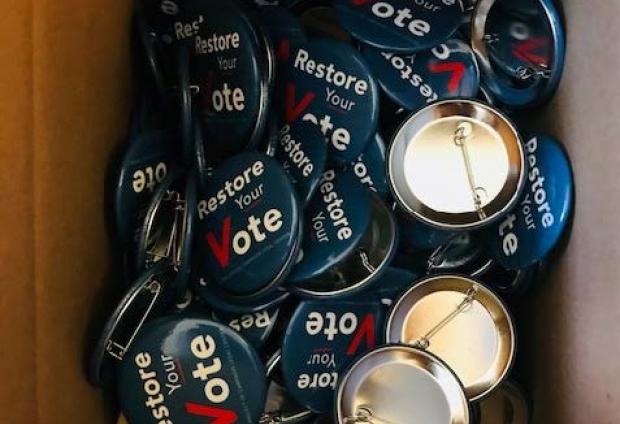
A past felony conviction does not mean a person cannot vote for life. If you have a past conviction, visit RestoreYourVote.org, answer a few questions and learn if you can vote right now.
Our political landscape in the past few years has made clear that race continues to play a prominent role in our politics. In this catalogue, CLC collects campaign materials from candidates, political action committees, and other political actors that make racial appeals to voters.
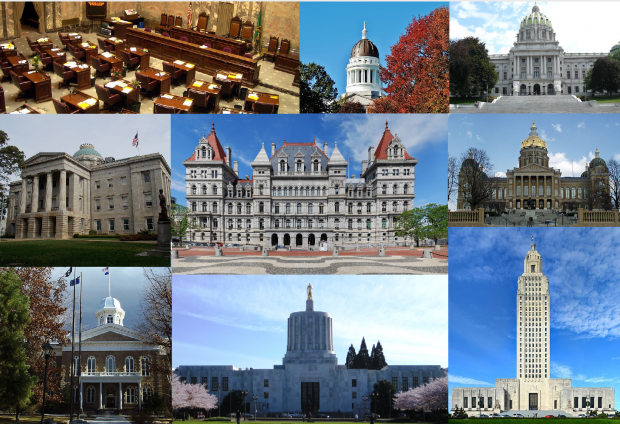
A joint report by CLC and FairVote on litigation in the states to protect voting rights and advance fair redistricting.
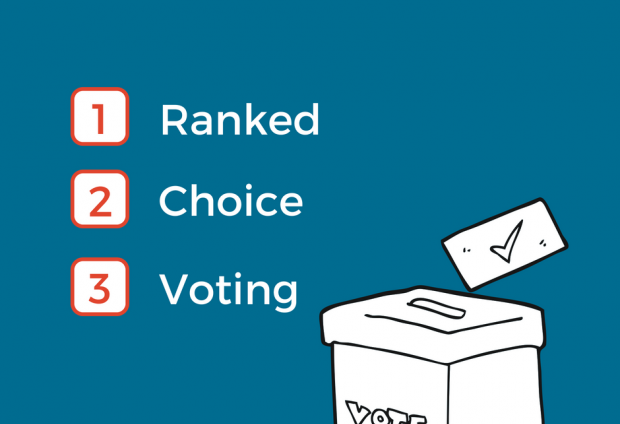
Here are eight ways adopting ranked choice voting can improve voting and elections.
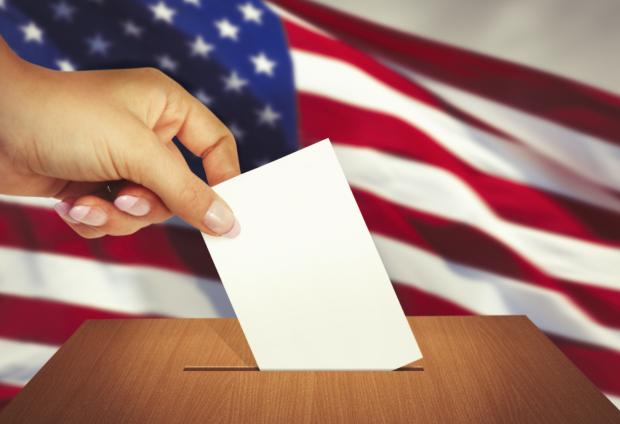
In Alabama, the law regarding which people with past convictions can and cannot vote has been confusing. This manual is designed to provide all the tools citizens with convictions, activists, and advocates need to help people in Alabama know if they can vote or to restore their right to vote.
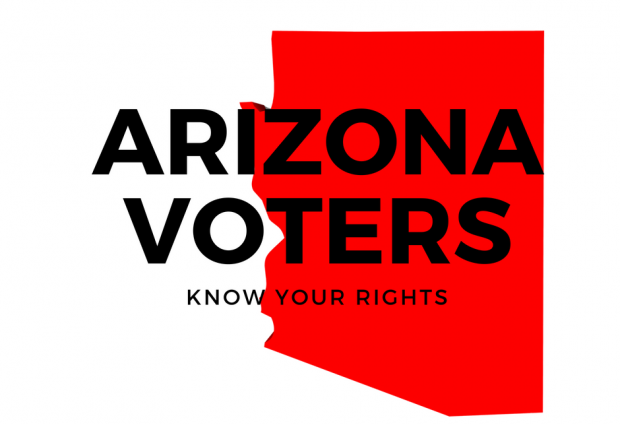
In June 2018, Campaign Legal Center reached a settlement agreement with the Secretary of State of Arizona and the Maricopa County Recorder over a lawsuit challenging the state’s overly burdensome voter registration process. Going forward, Arizona must treat all registrants the same regardless of whether they use a state or federal form to register to vote. Here’s what you need to know to register voters in Arizona going forward.
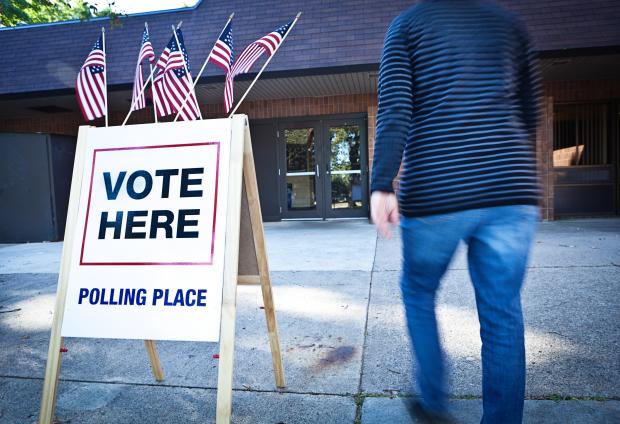
Arizona’s law prevents some people from ever voting again, even after they have fully served their sentence, unless they can pay off all court ordered fines and fees. Even if those people can afford to scale these burdensome financial barriers, those with multiple convictions are able to restore their rights only if they affirmatively apply.
But a little bit of education and outreach will go a long way to assisting people to exercise their fundamental right to vote.